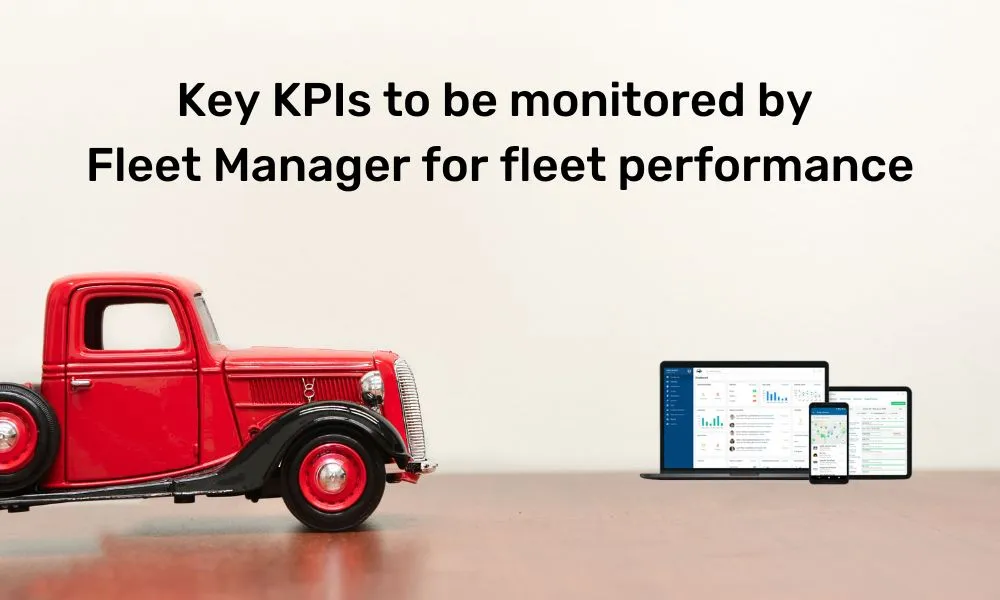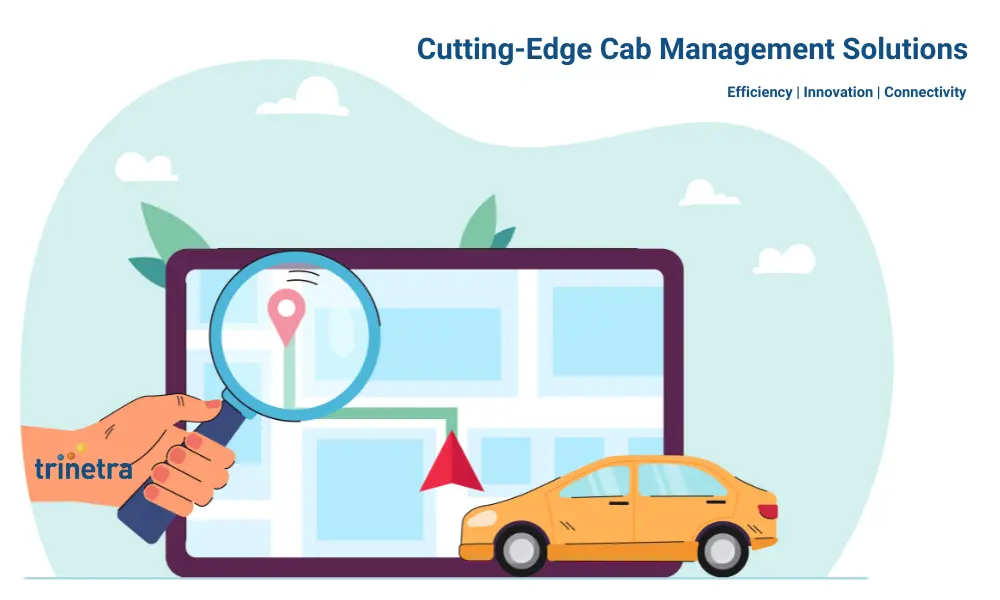Fleet managers nowadays use software applications to manage their fleets and so have a lot of data at their fingertips to deal with. They have to leverage the data to determine the success of their business. However, determining which data to track can be a challenge. But it is wise to prioritize a few most important fleet metrics to define KPIs, to make better evaluations and decisions. Responsibility of the fleet transport manager are broad and varied. They look into controlling schedules and routes, compliance, driver training, safety and budgets that are important factors for the fleet business they manage.
Tracking the right KPIs will assist operations and provide valuable insights into fleet performance besides helping strategic decision making. Monitoring safety and efficiency KPIs are essential in maximizing performance of the fleet. Some of these KPIs are essential parameters in maximizing performance and profitability. Managers must focus on making the most out of the available resources. These include fleet utilization, route optimization, fuel consumption and fuel economy.
With the help of fleet management software manual paperwork is eliminated and information is digitized which is most effective and efficient way to save time and money.
Monitoring the Key KPIs
Some factors are always in crucial consideration for fleet managers and are a central aspect of their basic job. They have to keep track of average travel speed and monitor safety aspects. They need to track accidents and implement safety procedures that can help reduce unnecessary costs. They have to monitor to reduce ambiguity about the length of the delays due to unplanned repairs or maintenance. They need to track the average driving distances during daily use which is critical to maintaining a constant fleet size.
Fuel is one of the top three expenses for the fleet business and improving fuel economy is a matter of both cost saving and environmental impact. Metrics such as kilometers per litre, engine idling time, unauthorized stoppage are important for monitoring fuel consumption and efficiency. Data based on these metrics help indecision making. Both real-time and historical data can identify trends and deficiencies in an asset’s performance.
Attention to drivers at work is a crucial consideration of fleet managers and a central aspect of their duty. So, close monitoring of driver behavior is essential and an important indicator and with regard to safety. Monitoring on the basis of fatigue, violations, over-speeding, harsh turning or braking are part of the metrics that go to determine KPIs. Therefore, the fleet management software is enabled with mobile app that can handle speed alerts, Geofence alerts, Fuel Level alerts, Temperature alerts, Engine Idle alerts, Engine Ignition on/off alerts, Trip Start/Stop alerts, Vehicle Idling Time, Hard Acceleration and Sharp Turns.
Conclusion
Trinetra’s fleet management system is a future-ready software solution, customizable for various transportation needs, as it is an internet-based FMS software solution with mobile app integration, video telematics with GPS and Geofencing tech incorporated. It gives insights needed to tackle operational challenges in the present scenario and in future too. The FMS application empowers fleet managers, fleet operators & transport companies to realize their full potential. The modules incorporated help to achieve goals, improve processes and cut costs, freeing up time for managers to spend more on core tasks and planning.
This vehicle tracking & fleet management system automates many tasks and processes, incorporates future-ready features and modules, helps streamline workflow and scale up operations. With Geofencing and location intelligence, this application is your dependable fleet management solution and we are your technology partner, right beside you in progress and in challenging times.






